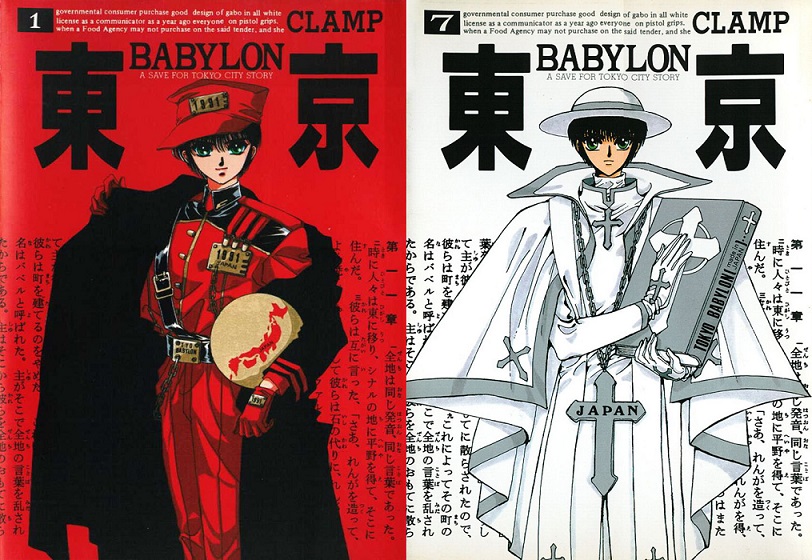"Puppets who can see the strings"
Following the promising premise of Preludes and Nocturnes, this second volume became one of my favorite installments.
I believe this is the book of The Sandman series that captured not only my heart but my imagination in varying ways I did not expect it could. This is also the first time that Gaiman explored the vitality and freshness of his material and the result was a provocative examination of the unconscious and often catastrophic desires of human beings that are caught up in fulfilling such dangerous things.
Before the actual central story begins, the volume opens with Tales of the Sand, a short narrative pertaining to an African queen Nada who falls in love with the Dream king himself. It was considered unlawful for mortals to develop a romantic affiliation with an Endless so she was punished for it. This story able to cast a light on the nature of Nada's significance to Dream (she was first seen in Preludes, trapped in Hell because Dream was unable to forgive her). Another separate self-contained story is Men of Good Fortune which introduced one of my favorite characters, Hob Gadling. He is a man who doesn't want to die and Death grants him a pass, curious and amused of his tenacity to live. His unlikely friendship with Dream was uneasy and fragile, but one that has humanized our titular hero in the end.
Now onto the central story: the readers are now able to familiarize themselves some more with the mechanics and inner workings of the Endless mythos with Dream (Morpheus) as their point of reference. We get to know him best through the performance of his duties and his revealing interactions with the staff of the Dreaming like Lucien, the librarian, the raven pet Matthew, Cain and Abel, etc. Dream may not be entirely likable--he can be painstakingly stiff and cold at times--but the colorful characters he surround himself with provide not only entertaining foils to his somber personality, but also plenty of receptive opportunities that readers can relate and sympathize with.
One of them is Rose Walker, a tortured teen who stumbled upon the secret of her heritage; and the extent of its destructive potency. There are two separate stories that are happening for this volume: one of our titular hero, and the other with Rose Walker. While Dream was preoccupied apprehending some of the tangible nightmares that got loose during his sabbatical, Rose was carefully weaved into the events until she found herself in the Cereal convention; a dark parody of comic book conventions; only instead of geeks and nerds, Cereal conventions bring serial killers together (or "collectors" as they proudly dub themselves). These twisted men are under the influence of one of the most unforgettable nightmares in the series: the dashing and sexy Corinthian. Dream was able to get the Corinthian under control in the end, and he also passed judgment onto the serial killers, one that has a very chilling resonance ("You shall know at all times, and forever, exactly what you are. And you shall know just how little that means").
Another significant event was Dream having a chance encounter with a replacement of his who fancied himself as a superhero who fights crime (a comical tribute to the original Sandman character that Gaiman reinvented). He met Lyta Hall, a woman who got pregnant while in the confines of the Dreaming (and whose child will eventually have an important role in the course of the series).
In addition to Death's appearance in Preludes, readers are delighted to meet another Endless sibling, Dream's younger sister-brother (for it is androgynous and gender-free) Desire. He-she-it is the paragon of self-love, destructive passions and haunting pleasures. Its own realm is called the Threshold which is a towering heart statue where Desire resides. Desire also has a complicated relationship with its brother Dream and it has been pointed out that they have done nothing but clash in the last centuries. Desire toys with Dream every chance it gets, and its latest invention has something to do with the conundrum surrounding Rose Walker.
The climactic events that follow the confrontation among Dream, Rose Walker and Desire are something to look forward to. Overall, the thematic angle of The Doll's House reconcile the tumultuous personal responsibilities that human beings have over their own lives, and that of the purpose of the Endless, and the duties that are profoundly etched in their existence. It would seem that the Endless are dolls of humanity, enhancing the traits that they are personifying as anthropomorphic entities; as well as exemplifying mortal insecurities all the while still transcending human experiences; and that of which will always possess a quality of brevity.
RECOMMENDED: 9/10
*A spellbound multi-layered storyline rife with philosophical and mystical elements; a most beguiling genesis of what is yet to come for the series' run.





Comments
Post a Comment